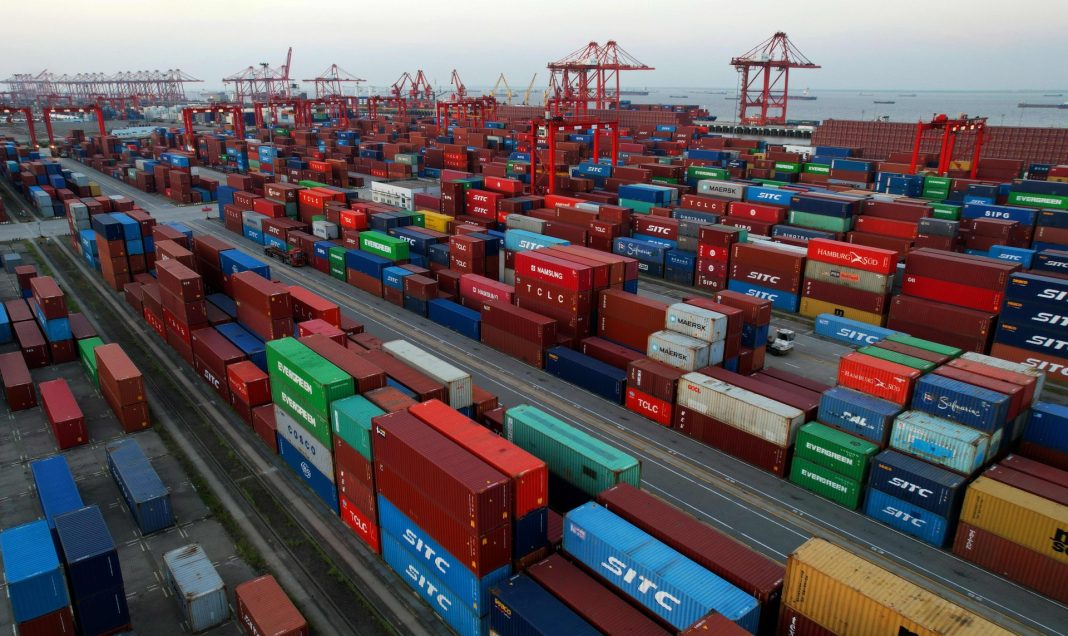BRICS currently comprises Brazil, Russia, India, China, and South Africa, but will be joined by Argentina, Egypt, Ethiopia, Iran, Saudi Arabia, and the UAE this coming January. The decision to accept the new members was made during the group’s August summit in Johannesburg.
According to analyst estimates, the expanded group will represent nearly half of global output by 2040, doubling the share of the Group of Seven (G7), which consists of the US, Canada, UK, France, Italy, Germany, and Japan.
Earlier this year, Russian President Vladimir Putin claimed that BRICS already outpaced the G7 states in terms of the purchasing power parity (PPP) of their populations.
Experts project the combined gross domestic product (GDP) of the expanded BRICS in terms of PPP to amount to roughly $65 trillion. This would push the group’s share of global GDP up from the current 31.5% to 37%. In comparison, the share of the G7 is currently around 29.9%.
BRICS was originally ‘BRIC’, a term coined by economists using the first letter of four nations – Brazil, Russia, India, and China – that were seen as having the potential to dominate the world economy in the 21st century. These countries first came together in 2006 and later welcomed South Africa as a new member, adding the letter ‘S’ to the acronym.
Originally formed largely for the purpose of highlighting investment opportunities among members, the group has become instrumental in building a new “multipolar” world order that will help give a stronger voice to the Global South.
In 2014, the BRICS group launched its own international lender, the New Development Bank (NDB), which was seen as an alternative to US-dominated financial institutions such as the IMF and World Bank. It provides funding for infrastructure and sustainable development projects.
The bank formally opened for business in 2015, and was later joined by Bangladesh, the UAE, Egypt, and Uruguay.
